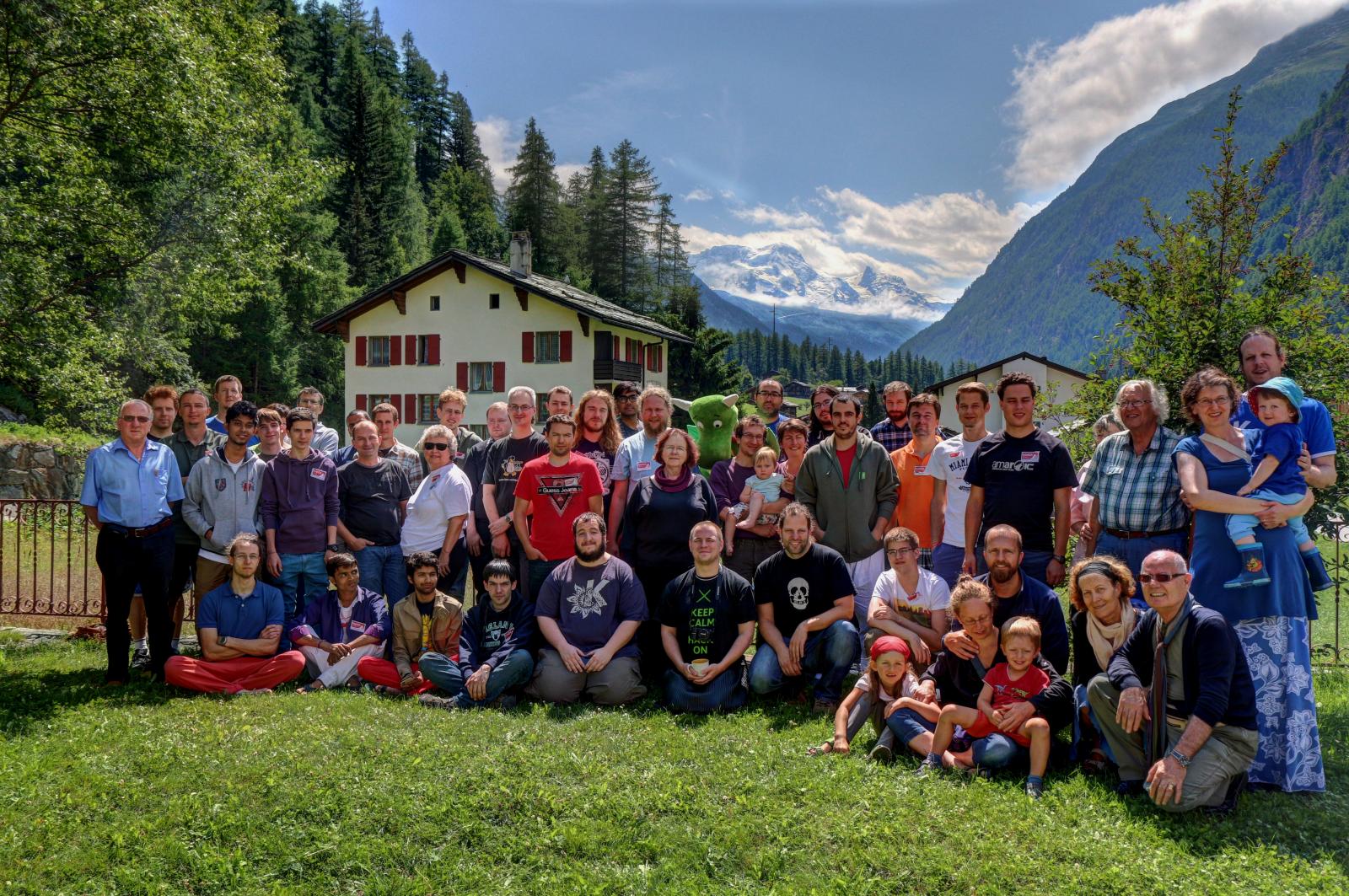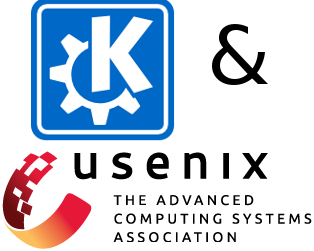GCompris Joins the KDE incubator and Launches a Fundraiser
Submitted by unormal on Thu, 2014/12/11 - 11:30am
GCompris has joined the KDE incubator. GCompris is the high quality educational software suite comprising numerous activities for children aged 2 to 10, and well known by parents and teachers all over the world.
GCompris was started in 2000 by Bruno Coudoin as a Free Software project. Originally written in GTK+, the project developers decided in early 2014 to make a radical change and rewrite it in Qt Quick. The main motivation is the ability of the Qt platform to address the desktop and the tablet market from a single code base.
In order to get the great level of support from a strong developer community, GCompris joined the KDE incubator.
- Read more about GCompris Joins the KDE incubator and Launches a Fundraiser
- Log in or register to post comments



